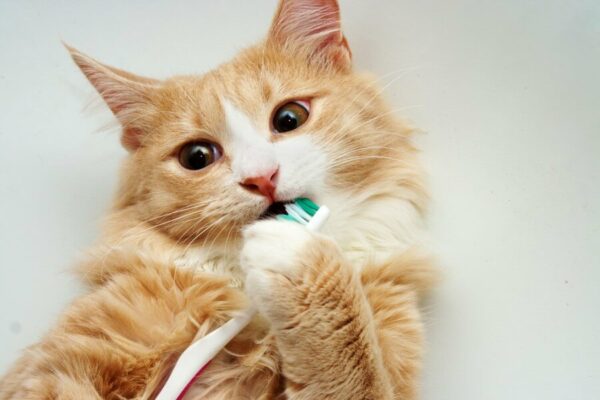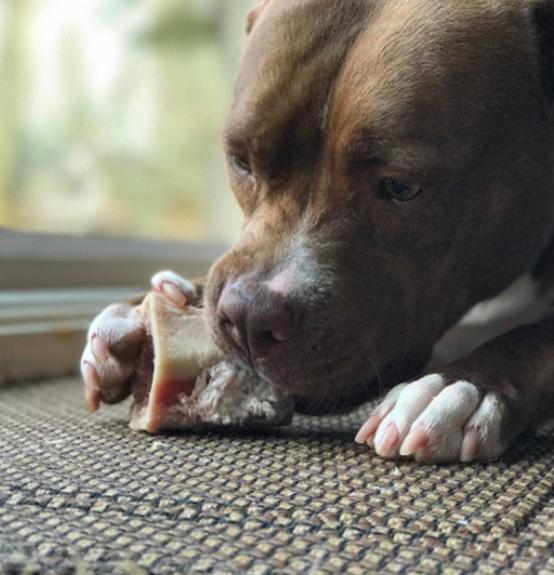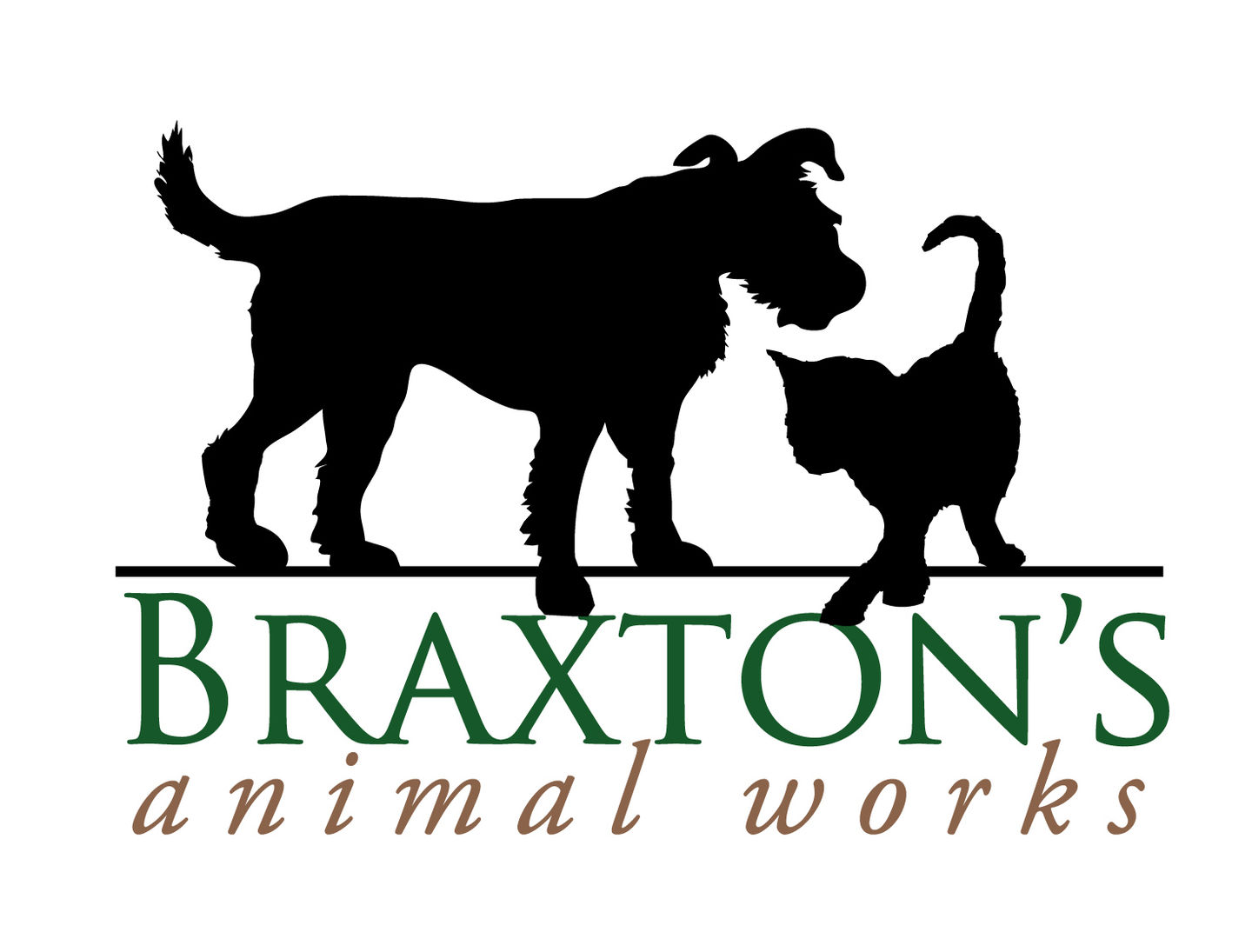When it comes to their pet’s health, many pet parents take all the necessary steps to make sure their furry friend is happy and well taken care of. From regular vet checkups to providing a nutritious diet and plenty of exercise, pets need routine care just like people do. One important factor that is often overlooked, however, is dental hygiene maintenance - and yet it plays a crucial role in your pet’s overall health.
February is Dental Health Awareness Month, and we want to take the time to educate pet parents about the importance of oral health in their pets. Poor dental hygiene doesn't just cause bad breath; it can lead to tooth decay and gum disease which can eventually result in major complications for our beloved animals if left untreated.
Dental Diseases
Dental disease is one of the most common medical conditions among cats and dogs - in fact, it's estimated that up to 80% of pets over the age of three have some form of dental disease. Moreover, this can lead to serious issues throughout the body such as infections and even kidney or heart failure if left untreated. The mouth is a thriving home to thousands of bacteria. Plaque, an invisible layer, forms on the surface of the tooth as the bacteria multiply, and eventually becomes organized into a biofilm. This type of structure makes it difficult to remove, and even harder for antibiotics to reach. Fortunately, some plaque can be removed naturally with a dog's tongue and chewing habits.
Signs of Dental Issues
- Bad breath
- Teeth that are discolored or covered in tartar
- Extra teeth or retained baby teeth
- Broken or loose teeth
- Abnormal chewing, drooling, or dropping food from the mouth
- Reduced appetite or refusal to eat
- Pain in or around the mouth
- Bleeding from the mouth
- Swelling in the areas surrounding the mouth
If you notice any of these symptoms, contact your vet immediately! Early detection is key to address any potential diseases before they become more serious.
Preventative Maintenance

The good news is there are several steps you can take today to help maintain your pet’s oral health! Start with daily brushing (or a MINIMUM of 3 times per week) with toothpaste made specifically for cats and dogs - you can find some in fun flavors like beef or chicken in Braxton's Dental section that your pup may enjoy more than regular toothpaste!

Allowing your dog to naturally chew will also help scrape tartar from your pet's teeth. Low or single ingredient chews are the best options like Bully Sticks, Yak Cheese Chews, Collagen Chews, or Marrow Bones are all very natural ways to help keep your pet's teeth strong and healthy.
Additionally, look into regular checkups at the vet as well to ensure your pet's mouth is happy and healthy.
In Conclusion
Overall, good dental hygiene should be a top priority when caring for your pet! Besides ensuring your four-legged friends stay healthy and happy for years to come, proper dental hygiene care also goes a long way in preventing future visits to the vet clinic - which could mean cost savings too!
So this February, help your furry friend achieve a happy and healthy smile! Proper dental health can not only help keep bad breath away, but it can also give your pet an extra pep in their step by reducing pain associated with dental disease.

